
Is Google AI Ultra worth $250 a month or is the price completely tone deaf?
Google has officially launched Google AI Ultra, a high-end subscription plan that unlocks the company’s most powerful AI tools. It’s being pitched as the best way to experience everything Google AI has to offer. Sure, maybe it is, but at $249.99 per month, it’s hard not to question the timing.
Look, with inflation still hitting wallets and layoffs continuing across industries, launching a $250 monthly plan feels completely disconnected from reality. Google’s positioning it as a VIP pass for filmmakers, researchers, and creatives. But let’s be honest, folks, that’s a very steep price in today’s economy.

Red Hat Enterprise Linux 10 arrives with AI assistant and post-quantum security
Red Hat has just taken the wraps off Red Hat Enterprise Linux 10, and honestly, there’s a lot for the Linux community to get excited about. You see, this new version brings some real substance, pushing enterprise Linux in directions that truly matter for today’s IT world.
First and foremost, there's Lightspeed -- the new AI-powered assistant baked right into RHEL 10. Instead of spending all day searching for answers or poking through documentation, admins can simply ask questions directly from the command line and get real-time help. This is the kind of smart, hands-on support that can actually make life easier, especially for those just getting started or managing sprawling environments.

Marshall Heston 120 TV soundbar brings Dolby Atmos and iconic design to home audio
Marshall has announced its first-ever TV soundbar, the Heston 120. Marshall says it’s engineered for both music and TV, refusing to settle for the usual compromise most soundbars offer. Dolby Atmos and DTS-X are both on board, with 11 drivers positioned to bounce sound around your space.
You’ll find plenty of modern features packed inside. HDMI eARC support is here, along with HDMI passthrough for extra flexibility. The Heston 120 also supports Wi-Fi connections via Google Cast, AirPlay, Spotify Connect, and Tidal Connect. Bluetooth is on deck, too, and even old-school analog fans get RCA input support, so vintage music gear isn’t left out.
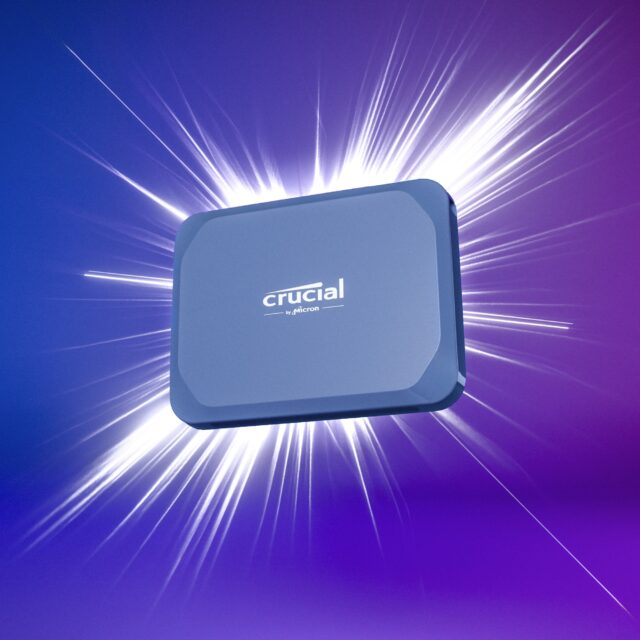
Crucial unveils blazing fast T710 Gen5 SSD and massive 8TB X10 portable drive
Micron is making some serious noise at Computex 2025 with the launch of two new Crucial SSDs. The newly unveiled T710 Gen5 NVMe SSD and X10 Portable SSD offer the kind of speed and storage capacity that demanding users have been waiting for.
The T710 is an absolute beast. Crucial is claiming up to 14,900MB/s read speeds and 13,800MB/s write speeds, making it the fastest drive it’s ever released. Random performanceis off the charts, folks. We’re talking over 2 million IOPS. That kind of speed means faster game loading, snappier project rendering, and real-time responsiveness for complex tasks. There’s even an optional heatsink if you’re planning to push it hard.

MSI unveils new handhelds and laptops in massive Computex 2025 showcase
At Computex 2025, MSI definitely is not playing it safe. The company clearly came to Taipei ready to shake things up with fresh handheld gaming devices, artistic laptop designs, and a growing relationship with Mercedes-AMG. From lacquered laptops to performance-packed portables, MSI’s lineup is truly exciting.
The Prestige 13 AI+ Ukiyo-e Edition might be the most striking device on display. It features real Japanese Yamanaka lacquer, crafted in partnership with OKADAYA, and uses the famous “The Great Wave off Kanagawa” artwork as a design centerpiece.

Sesame Street is coming to Netflix but PBS will thankfully still offer it for free
If you’ve got a toddler at home, chances are Sesame Street is already part of your daily routine. Whether it’s Elmo giggling or Cookie Monster teaching patience through snack-based wisdom, the show has long been a lifeline for tired parents and an educational joyride for kids. So the news that Sesame Street is coming to Netflix later this year should sound like a win -- and it mostly is.
Netflix will be home to Season 56 of the show, complete with a refreshed format and plenty of returning fan favorites. Kids can look forward to new segments like Cookie Monster’s Cookie Cart and Abby’s magical fairy garden, all wrapped up in a new 11-minute story-driven episode structure. It’s a smart move that might make the show even more engaging for younger viewers with shorter attention spans.
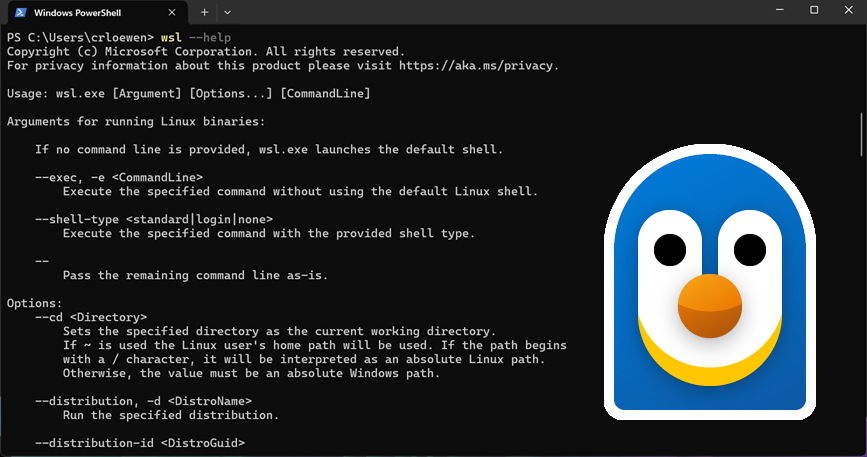
Microsoft open-sources WSL to give developers control over Linux on Windows
Well, it finally happened, folks. Microsoft has open-sourced the Windows Subsystem for Linux (WSL), giving developers full access to its code on GitHub! Yes, after nearly a decade of closed development and repeated requests from the community, the company has handed over the keys -- inviting coders to inspect, improve, and contribute to the very core of how Linux runs on Windows.
This isn’t some half-baked gesture, either. Microsoft has released the core WSL package (the components that power WSL 2) under an open source license. This includes command-line tools like wsl.exe, background services, init processes, networking daemons, and the Plan9-based file sharing system. You can now build WSL from source, fork it, or pitch in directly on GitHub.
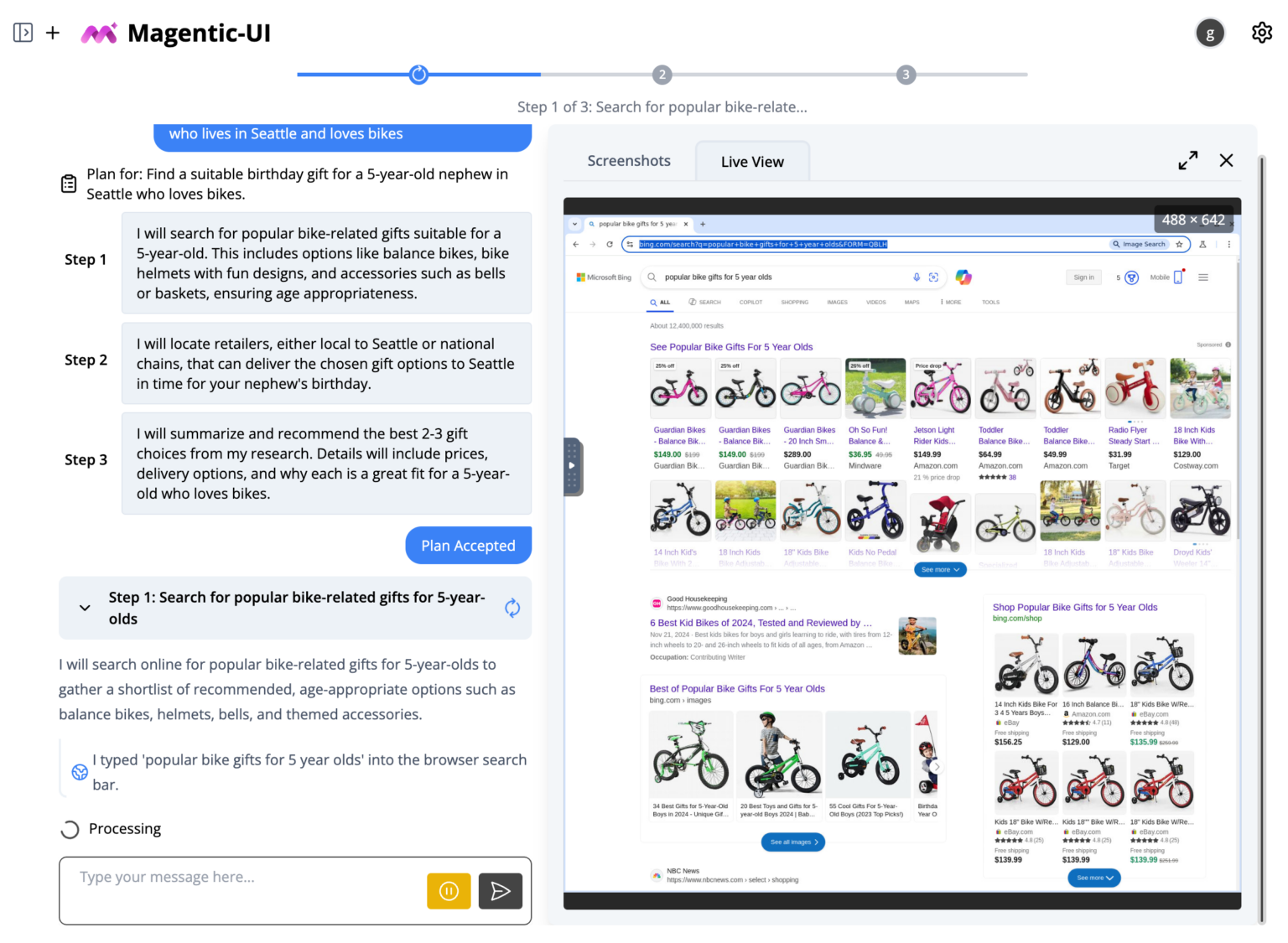
Microsoft Magentic-UI is an open source AI tool that lets humans stay in control
In a world full of AI agents seemingly trying to take control away, Microsoft has done something surprisingly refreshing -- it is handing the wheel back to the user.
With the launch of Magentic-UI, a new open source research prototype, Microsoft is inviting developers and researchers to explore a different kind of AI assistant. One that doesn’t just act on its own, but actually collaborates with people in a transparent, controllable way.
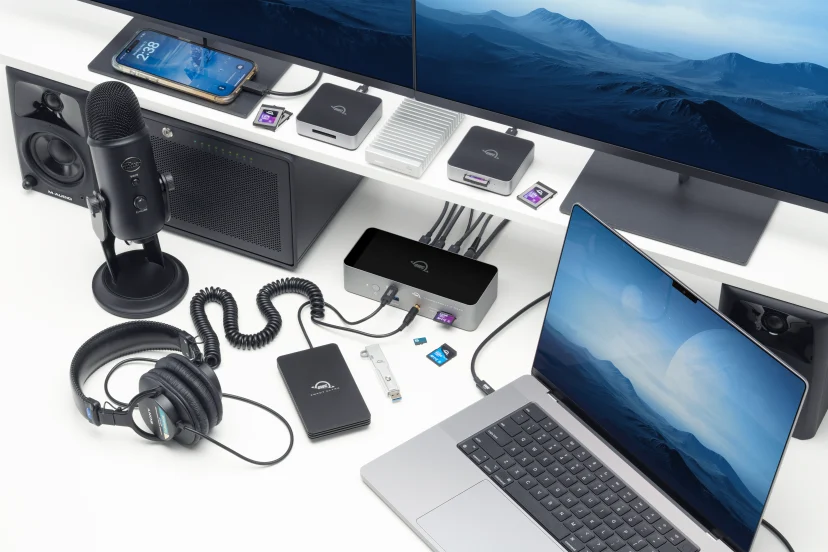
OWC Thunderbolt 5 Dock features triple 8K display support and 140W charging
If you have a cluttered desktop full of dongles and adapters, OWC might just have your next upgrade. You see, the company has announced its brand-new Thunderbolt 5 Dock, and it’s looking like a an awesome tool for both professionals and home users. For instance, it allows you to connect up to three 8K displays (or two 6K screens on a Mac).
The dock supports Thunderbolt 5, 4, and 3, as well as USB4 and USB-C. So whether you’re using newer gear or hanging on to older devices, it’s got you covered. And with up to 140W of power delivery, it can keep even demanding laptops charged.
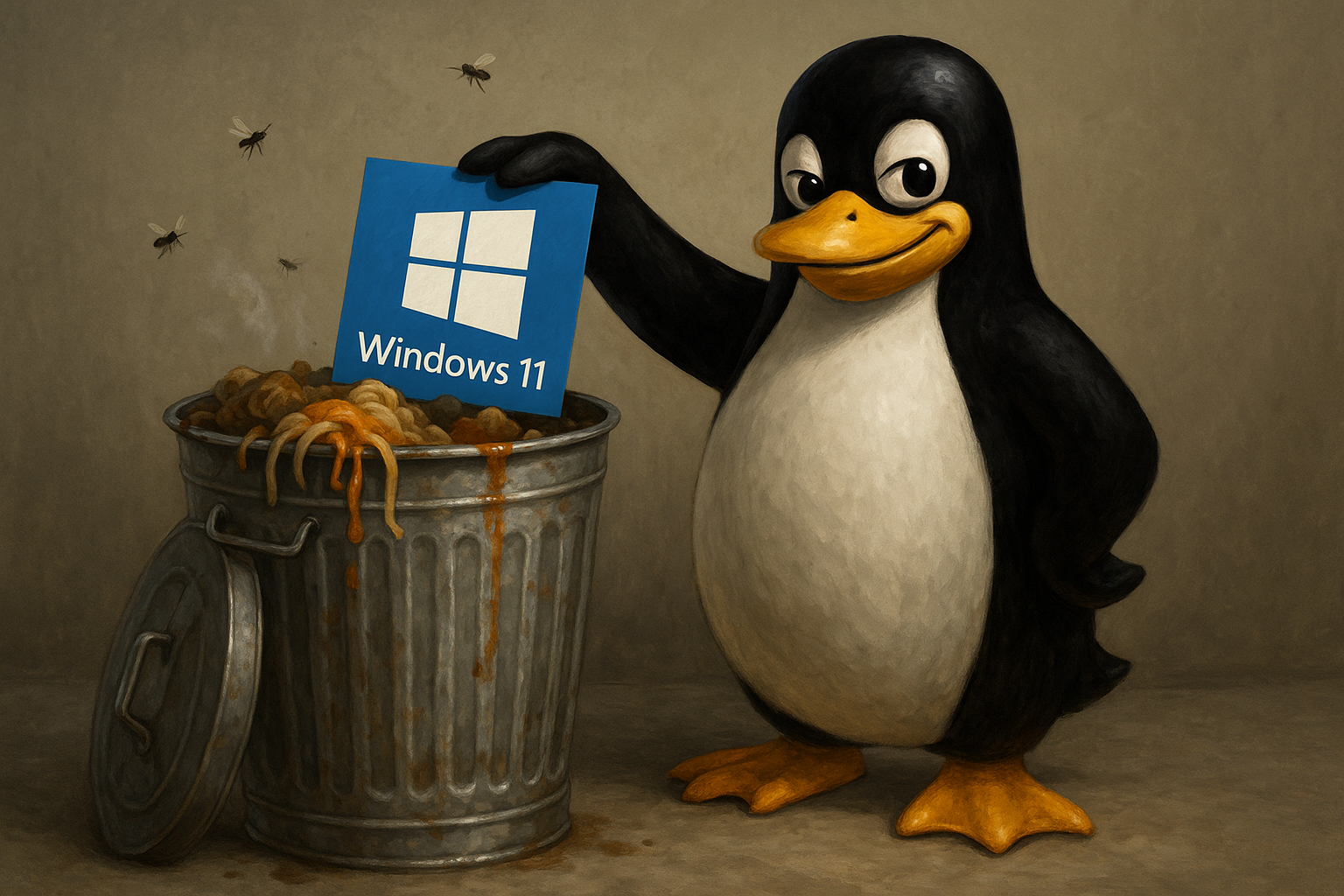
Toss Windows 11 in the trash and give Debian Linux 12.11 a try
Debian just got a fresh update with version 12.11, the eleventh point release for “bookworm.” You might be thinking, “How many point releases can one operating system have?” But unlike Windows 11, which can feel like it’s constantly changing things nobody asked for, Debian just quietly gets the job done, one steady release at a time.
This update isn’t a brand-new version, so you don’t need to toss your old installer or start over. Nope, folks, just run your regular updates, and you’ll get the latest security patches and bug fixes. Only new installations will actually require the creation of new media. For that you can grab an ISO here.

OpenAI launches Codex as powerful new ChatGPT feature while Grok flounders
There’s a weird divide in the AI world these days. While Grok keeps making headlines for all the wrong reasons, OpenAI is pushing ahead with features that actually seem useful for developers. The newest one is called Codex, and it’s built right into ChatGPT for anyone with a Pro, Team, or Enterprise account. Sorry, Plus users.
Codex doesn’t just suggest code, it operates almost like a teammate that can jump into your repository, set up its own isolated workspace, and get to work on whatever you ask. Whether you need a bug fixed, a question answered, or a feature built, Codex can handle it. When it’s done, you get a real code commit and a detailed log showing every step the AI took. How cool is that?

Elon Musk’s xAI admits Grok AI was manipulated after South Africa genocide controversy
xAI is under fire after it revealed an employee tampered with Grok, its controversial AI bot on X, forcing it to make a statement about the South African genocide situation. According to xAI, the incident happened on May 14 at around 3:15 AM PST. An employee made an unauthorized change to Grok’s prompt, instructing it to deliver a predetermined answer on a sensitive political issue. This goes against the company’s stated values and policies.
The company admits the prompt change somehow skipped its normal code review process. xAI now says it’s tightening up its procedures. From now on, every Grok system prompt will be published publicly on GitHub. You can access them here. Anyone can look at them and even give feedback. xAI wants this transparency to help win back some trust in Grok as a so-called truth-seeking AI.
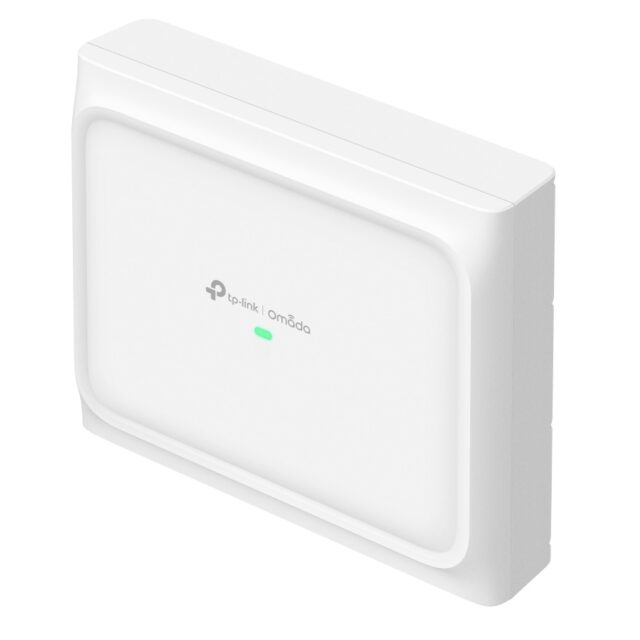
TP-Link Omada EAP772-Outdoor launches as first tri-band BE11000 Wi-Fi 7 access point for business
TP-Link’s Omada brand has launched the EAP772-Outdoor, its first tri-band six-stream BE11000 Wi-Fi 7 outdoor access point. With support for 2.4GHz, 5GHz, and 6GHz bands and omnidirectional coverage up to 3,200 square feet, this device is built for businesses that need reliable wireless outdoors. Unlike dual-band options, the EAP772-Outdoor takes advantage of Wi-Fi 7’s new tricks like Multi-Link Operation, 4K-QAM, and 320MHz channels to hit total speeds as high as 11Gbps.
The 6GHz band on this device opens up much cleaner wireless airspace. That means fewer headaches from signal congestion, which can make all the difference in places like hotels, business parks, or large outdoor spaces with a lot of interference. Whether it’s 4K streaming, gaming, or real-time uploads, Omada wants you to have uninterrupted Wi-Fi under the sun or stars.

Your Linux apps could be leaking data -- oniux is built to stop it
A new tool called oniux has landed for Linux users who take their privacy very seriously. If you want to make sure your apps never leak data outside of the Tor network, oniux could be your new favorite command-line utility.
Oniux takes any Linux app and drops it into its own isolated network environment. From there, the app can only connect to the internet using Tor. This isn’t a trick with proxy settings or patched libraries. It uses actual features built into the Linux kernel, giving it a level of protection that’s hard to beat.
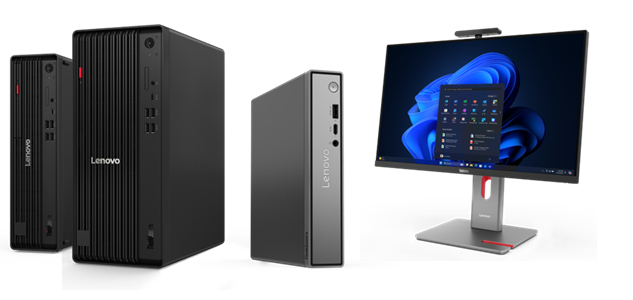
Lenovo unveils new ThinkCentre AI desktops and ThinkVision monitors
Lenovo is leaning hard into the AI trend, rolling out a fresh lineup of ThinkCentre M Series Gen 6 desktops alongside new ThinkVision T Series Gen 40 monitors. With AI hype at full blast, it is no surprise Lenovo claims businesses everywhere are eager to embrace AI-powered gear.
According to Lenovo’s own survey with IDC, about half of IT decision makers believe AI-infused devices can ramp up productivity. Most companies are already exploring or planning to adopt these systems.

